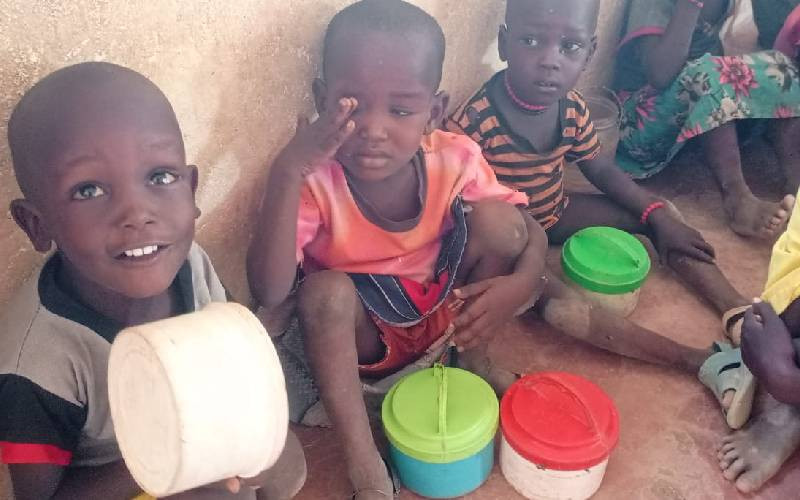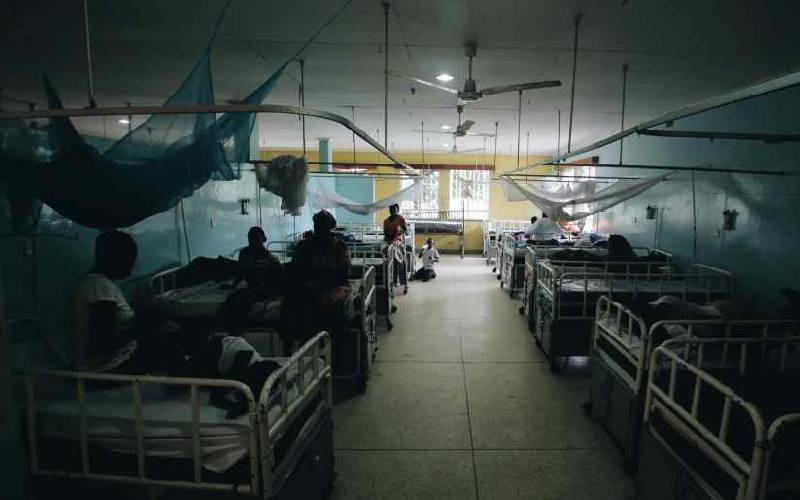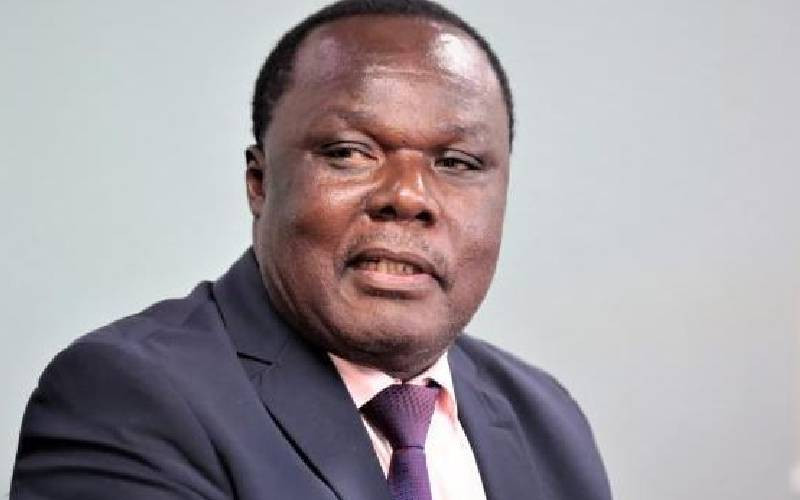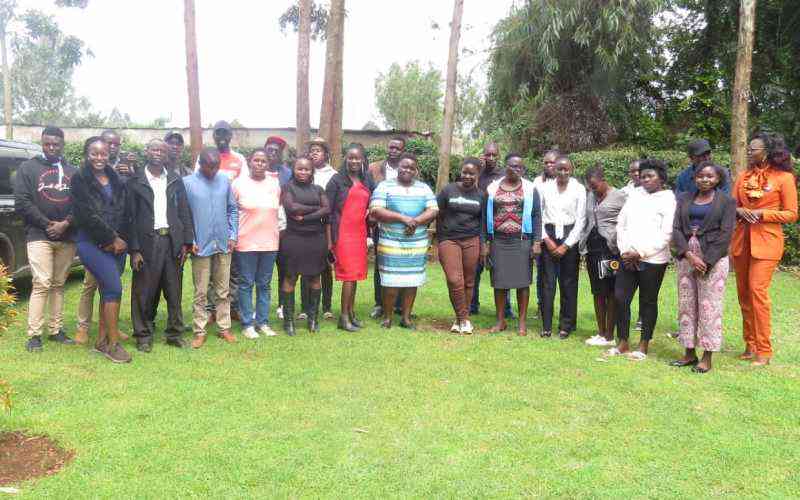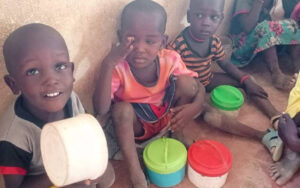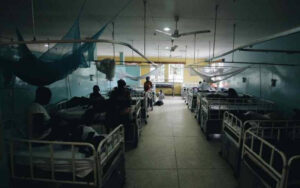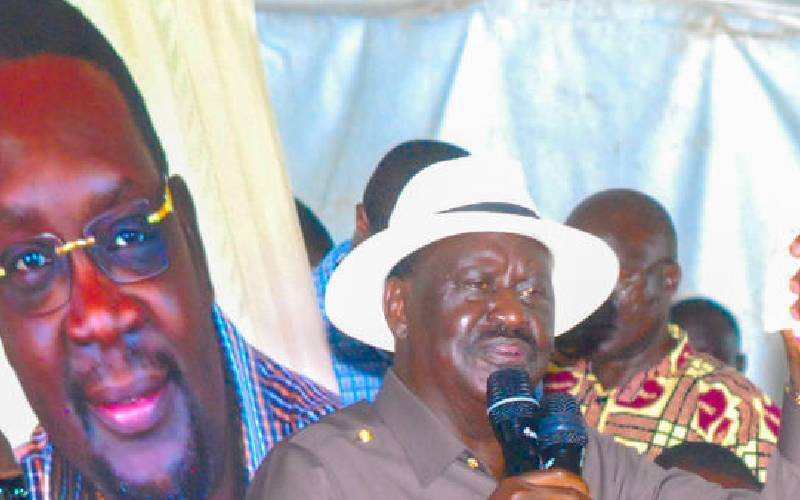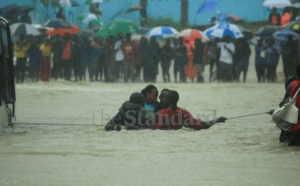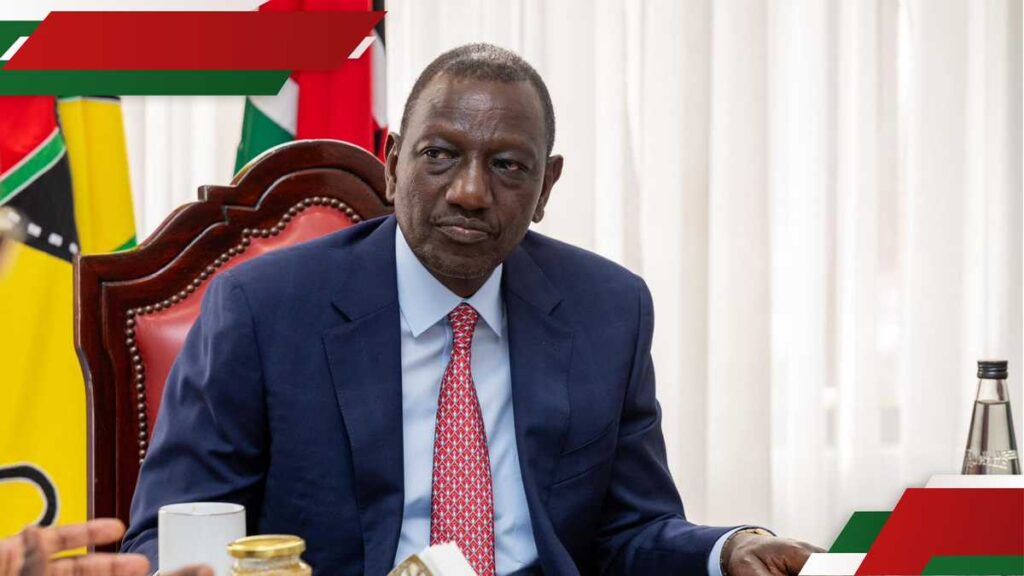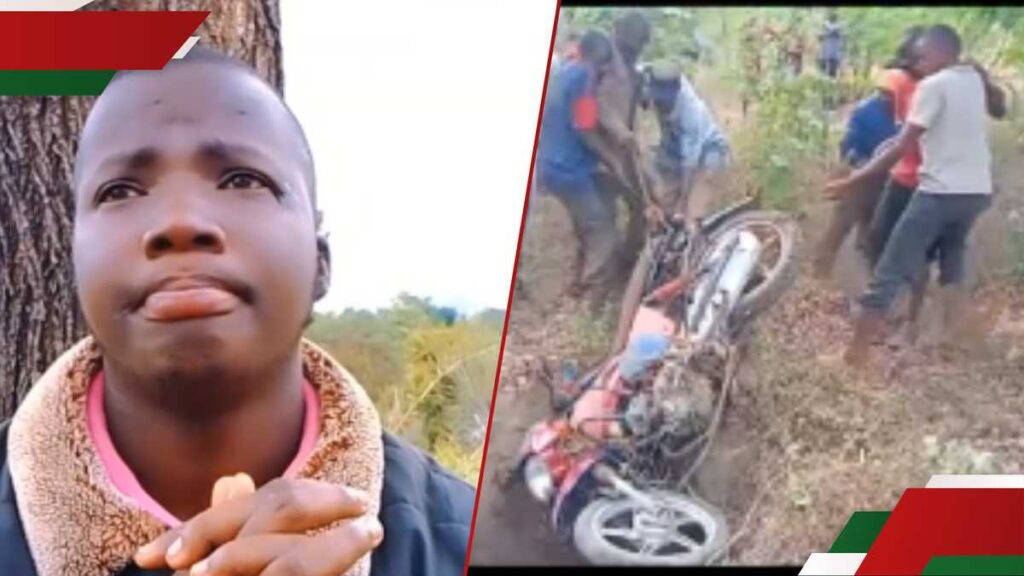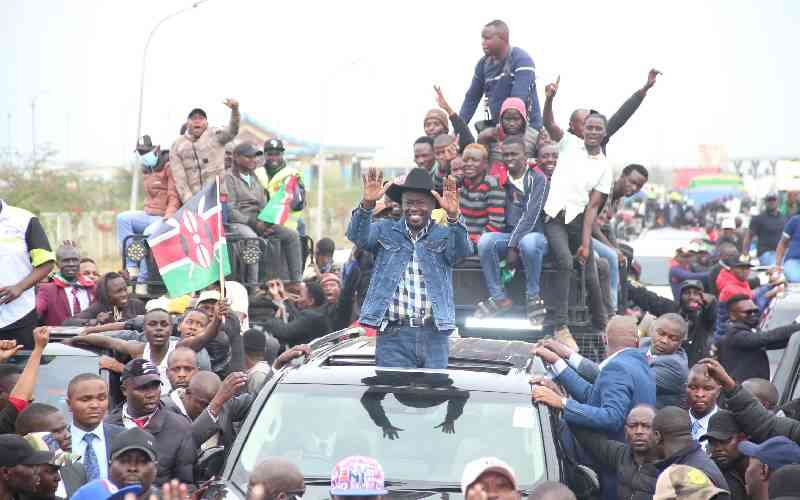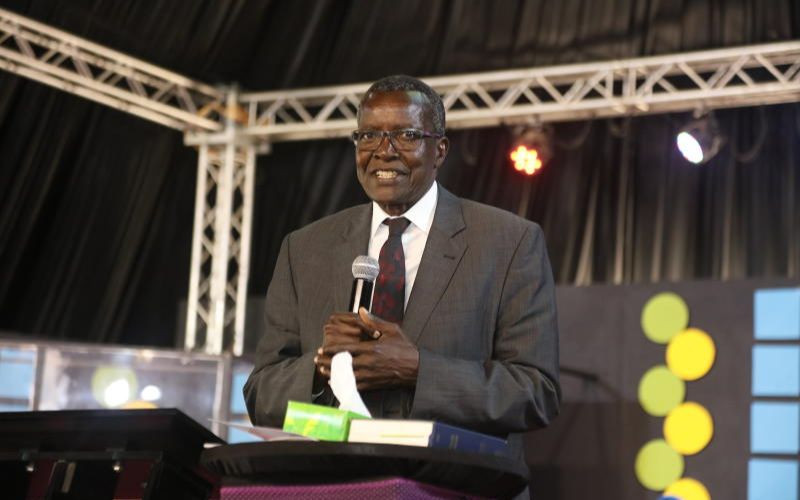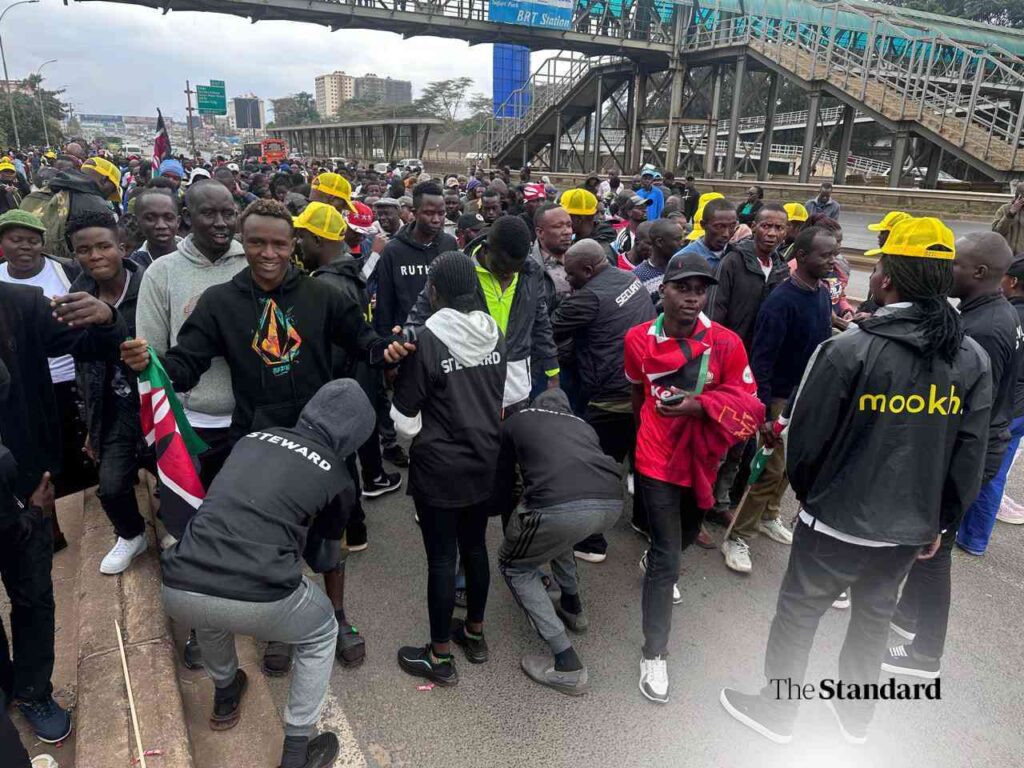Most young people in Bungoma County lack awareness and understanding of climate justice, according to a new report by the Youth Initiative for Land in Africa (YILAA).
The study, supported by the Youth Climate Justice Fund, shows that only 27 per cent of youth in the county have a clear understanding of climate justice, while the majority have little or no knowledge of the concept.
The findings come amid growing global concern over the impacts of climate change, including floods, deforestation, and soil erosion.
“In all the sub-counties, youth participation in climate action activities was low,” the report notes, citing limited funding, land ownership barriers, and exclusion from decision-making as the main obstacles to youth involvement.
The research, conducted in Webuye East, Mount Elgon, and Cheptais sub-counties, involved 1,143 youth aged between 18 and 35 years through surveys, focus group discussions, and interviews with officials from the Ministries of Agriculture and Lands.
While awareness of climate change was moderate, the report says knowledge of its justice dimensions was lacking. Respondents in Mount Elgon 44 per cent and Cheptais 47 per cent, identified floods and heavy rainfall as the main climate threats, while Webuye East 46 per cent cited deforestation.
“The youth are aware of changing weather patterns and deforestation but are less informed about how these link to social and economic inequalities,” the report states.
Youth participation in climate initiatives was described as “very low,” with only 7.6 per cent of respondents reporting involvement in activities such as tree planting, community clean-ups, or awareness campaigns.
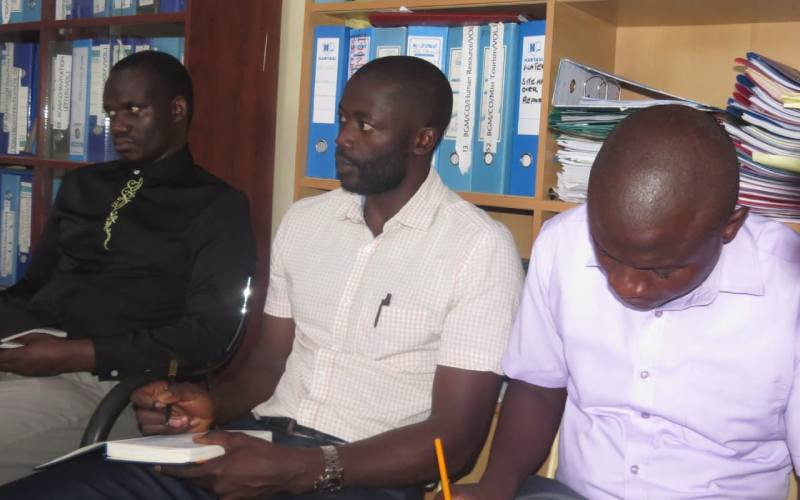
In Cheptais, traditional land ownership patterns were found to exclude young people from environmental projects. “Youth rarely own land, and this limits their ability to engage in climate mitigation efforts,” the report notes.
It also observes that “young women are barely involved in environmental initiatives in Mount Elgon due to social expectations and traditional gender roles.”
Despite the challenges, the report highlights emerging opportunities through national tree-planting campaigns, NGO partnerships, and community-based organisations.
To boost youth engagement, YILAA recommends targeted climate justice education through schools, social media, and community radio, as well as the creation of county-level climate action funds accessible to youth groups.
It also calls for youth-friendly land tenure policies and the formation of a Bungoma County Youth Climate Action Network to connect young environmental champions.
Stay informed. Subscribe to our newsletter


